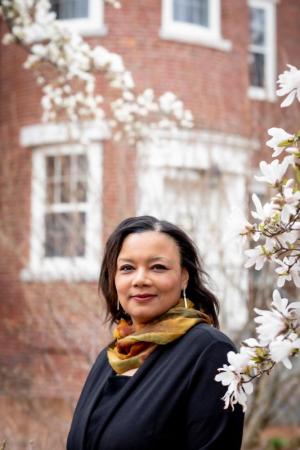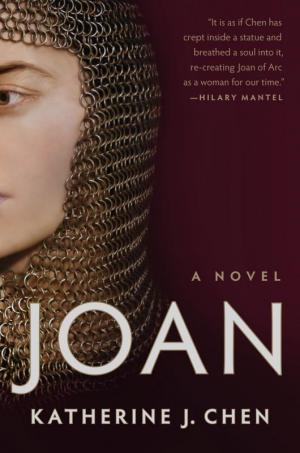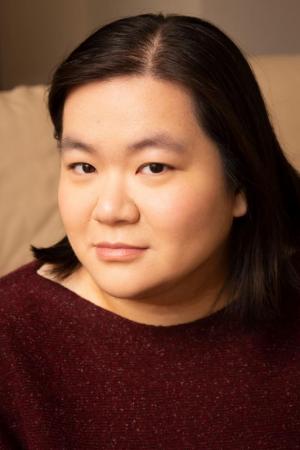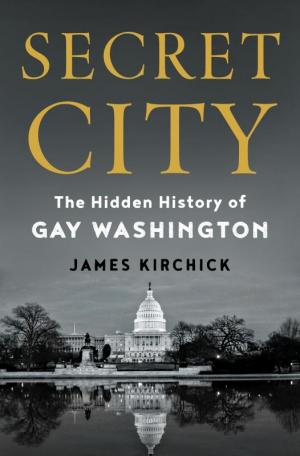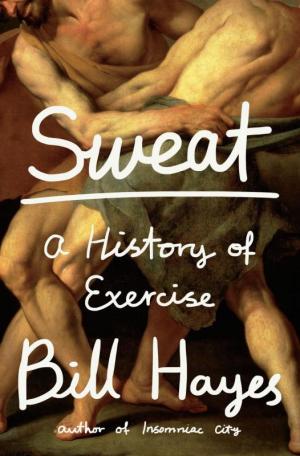History Book Festival in-person author presentations return Sept. 23-25
Following two years of virtual programs necessitated by the COVID pandemic, the History Book Festival plans to resume live presentations with some 20 distinguished authors of historical nonfiction and fiction works.
The first and only event of its kind in the United States devoted solely to history, the festival will be held from Friday to Sunday, Sept. 23 to 25, in Lewes.
The 2022 festival roster includes Pulitzer Prize winners and New York Times bestselling authors, as well as promising new writers. Books include biographies and topics ranging from politics and world history to exercise, medicine and music.
The festival begins with a keynote presentation Sept. 23, and concludes with a closing address Sept. 25.
Throughout the day Saturday, Sept. 24, authors will discuss their books at venues in historic Lewes. All events except for the keynote and closing speakers are free; seats are available on a first-come, first-served basis.
Reflecting the importance of focusing on civil rights, several books examine prejudice and race relations in the United States. In “We Refuse to Forget: A True Story of Black Creeks, American Identity and Power” author Caleb Gayle tells the story of a Native American tribe that granted but later revoked citizenship for Blacks. Inspired by true events, Dolen Perkins-Valdez’s “Take My Hand” explores post-segregation Alabama from the perspective of a Black nurse. And in “Civil Rights Queen: Constance Baker Motley and the Struggle for Equality,” author Tomiko Brown-Nagin traces the life and times of the pathbreaking lawyer, politician, and judge – a leader in the twin struggles for civil rights and gender equality.
Other books addressing gender equality include “Off With Her Head: Three Thousand Years of Demonizing Women in Power,” in which New York Times bestselling author Eleanor Herman explores the history of misogyny against powerful women, from Cleopatra to Kamala Harris. “The Dark Queens: The Bloody Rivalry That Forged the Medieval World” is author Shelley Puhak’s history of two princesses in Merovingian France who commanded armies, negotiated with kings and popes, and formed and broke coalitions, laying the foundations of what would one day be Charlemagne's empire. Author Kim Kelly’s “Fight Like Hell: The Untold Story of American Labor” reveals how women and minorities scored significant strides forward in organized labor, a field traditionally dominated by white men. In “The Divorce Colony: How Women Revolutionized Marriage and Found Freedom on the American Frontier,” April White traces the journey of 19th century socialites who took their lives into their own hands and reshaped the nation’s attitudes about marriage and divorce.
Women also are central characters in two works of historical fiction.
In “Joan: A Novel of Joan of Arc,” Katherine J. Chen reimagines the brief but epic life of the French heroine who was burned at the stake and later recognized as a saint in the Roman Catholic Church. “Mademoiselle Revolution” by Zoe Sivak tells the story of a young woman who escaped the Haitian Revolution only to find herself in the midst of danger in France.
Closer to home, James Kirchick’s “Secret City: The Hidden History of Gay Washington” reveals how homosexuality influenced successive presidential administrations through the end of the 20th century and contributed to the ascent of Joseph McCarthy, the struggle for Black civil rights, and the rise of the conservative movement.
The work of linguists, librarians, scholars and others to standardize Chinese writing is documented by Jing Tsu in “Kingdom of Characters: The Language Revolution That Made China Modern.” The author argues that the century-long fight to make the Chinese language more accessible contributed to the nation’s emergence as a global economic giant.
Several books provide new insights into the World War II era.
In “Overture of Hope: Two Sisters’ Daring Plan that Saved Opera’s Jewish Stars from the Third Reich,” author Isabel Vincent highlights the efforts of two middle-aged British siblings to bring together worldwide opera aficionados in a covert operation to spirit dozens of Jewish artists to safety in England. David Hanna’s “Broken Icarus: The 1933 World’s Fair, The Golden Age of Aviation and the Rise of Fascism” tracks the featured role of aviation in Chicago’s storied international exhibition, and its propaganda value for Hitler and Mussolini.
Fans of physical fitness will enjoy “Sweat: A History of Exercise,” in which author Bill Hayes explores the cultural and scientific history of why and how people exercise.
Other festival titles include “Captain Hale’s Covenant: The Saga of an American Merchant Prince” by Thomas E. Crocker; “King of The Blues: The Rise and Reign of B.B. King” by Daniel de Visé; “Diamonds and Deadlines: A Tale of Greed, Deceit and a Female Tycoon in the Gilded Age” by Betsy Prioleau; and “Empire of the Scalpel: The History of Surgery” by Ira Rutkow.
For summaries of each book and festival updates, go to historybookfestival.org.
Books may be purchased after each presentation, when authors will be available to sign them. Biblion in Lewes and Browseabout Books in Rehoboth Beach will have books available for purchase ahead of the festival.
History Book Festival titles also may be borrowed through the Delaware Public Libraries system as they are published.
Presenting sponsors of the festival are Delaware Humanities and The Lee Ann Wilkinson Group of Berkshire Hathaway HomeServices Gallo Realty.












